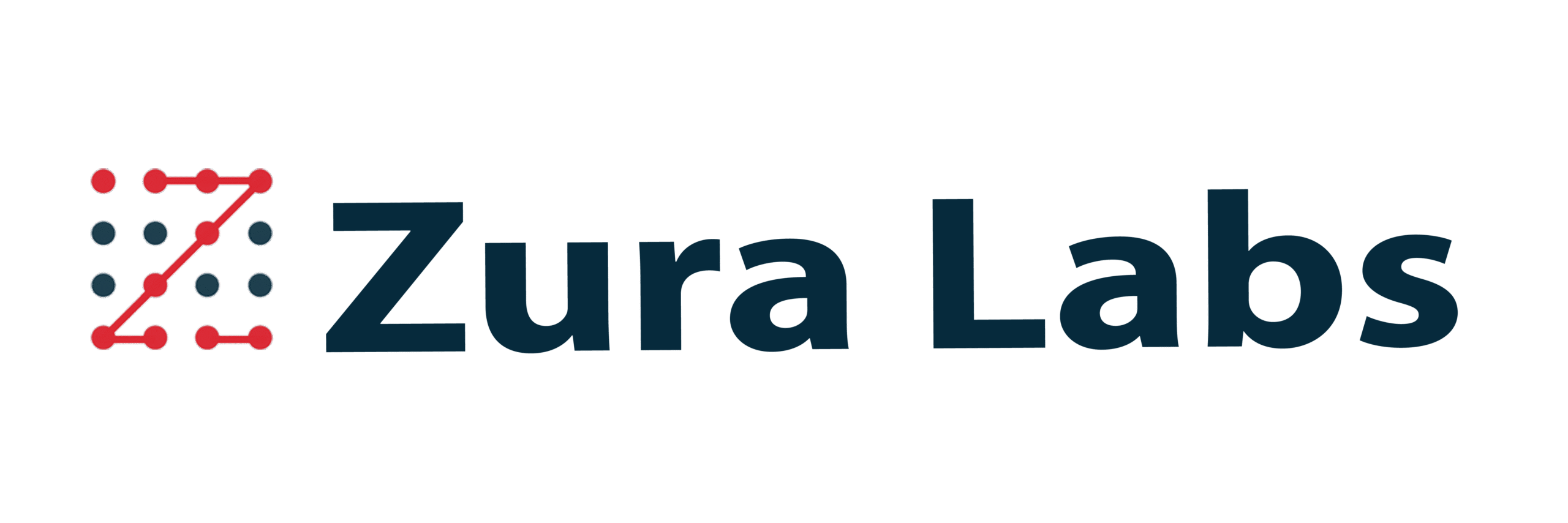Estimated reading time
All about Genome Data, you must know!
Genome Data plays a pivotal role in the diagnosis and treatment of various diseases such as cancer, thalassemia, and beta-thalassemia. It encompasses various types of information crucial for understanding an individual’s genetic makeup. By using genome analytics healthcare professionals are able to realize complete power of personalized medicine, leading to improved patient outcomes, earlier disease detection, and the development of more effective treatments.
Genome Data – Key Challenges and Combating Hacks
Data Integrity
Extracting data is just the first step. You should go that extra mile with rigorous validation processes. By cross-checking information with known databases and performing internal consistency checks, you must be able to identify and fix errors, ensuring the highest quality data. In a nutshell, your genome data needs to be accurate and reliable.
Unstructured Data
Genomic reports are a mixed bag – structured data and messy narratives all jumbled together. If you can harness the power of cutting-edge natural language processing (NLP) techniques, you are sure to unlock the hidden gems within unstructured text and diverse layouts. Your unstructured data turns into a meaningful information goldmine.
Variability of Report Formats
You are possibly handling the chaos of PDFs with varying structures, terminology, and data representation. If you can develop a flexible and adaptable automated extraction approach to tackle this, your genome data is clean and actionable.
Data Quality and Standardization
In the past, inconsistent data formats, quality variations, and a lack of standardized reporting made genomic data analysis difficult. With modern analytics and AI solutions you can tackle these challenges head-on, ensuring data quality and accuracy for reliable analytics.
Incomplete Data
Missing data should not hold you back. By employing sophisticated imputation techniques, you can turn incomplete datasets into robust resources. This translates to more comprehensive and accurate analyses – unlocking the full potential of your genome data.
Diversity of Data Sources
Imagine having a unified view of genomic data from research labs, hospitals, and even personal DNA tests. That’s what you can do with next gen AI and analytics solutions.
Data Volume and Complexity
Facing ever-growing complexity of genomic data? There are some solutions that can handle the massive volume and intricate nature of this data, ensuring efficient management and analysis.
Data Security and Compliance
Genome data is highly sensitive; it is essential to build a fortress around your data. Using cutting-edge encryption, enforcing granular access controls, and complying with data protection regulations will ensure that your data is secure and fool-proof.

